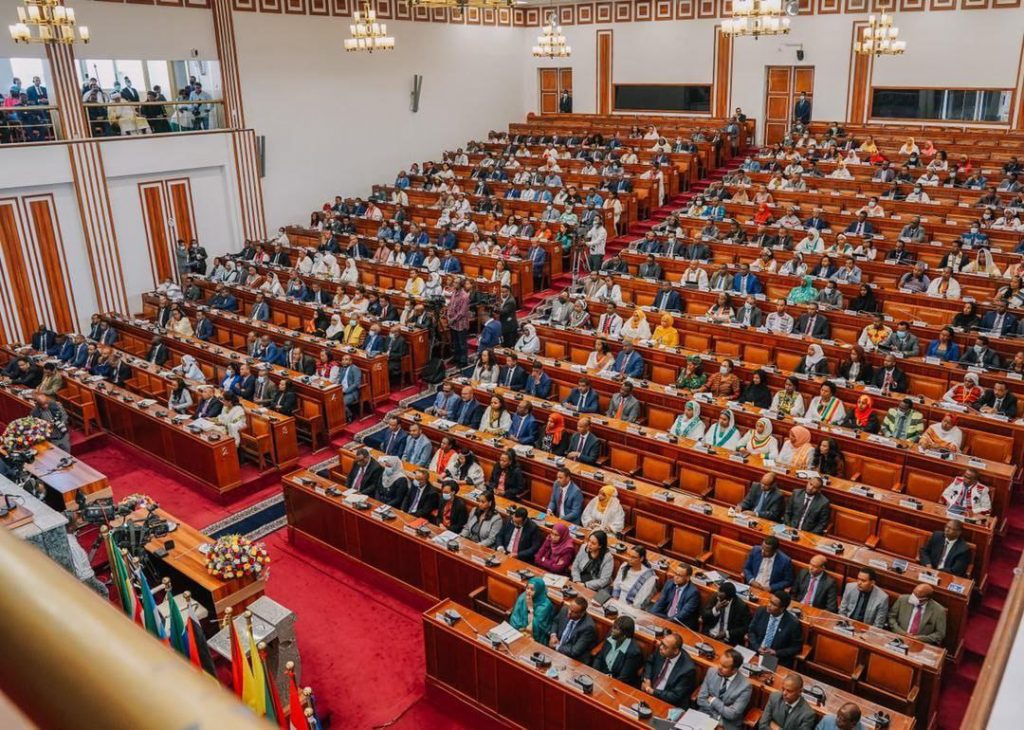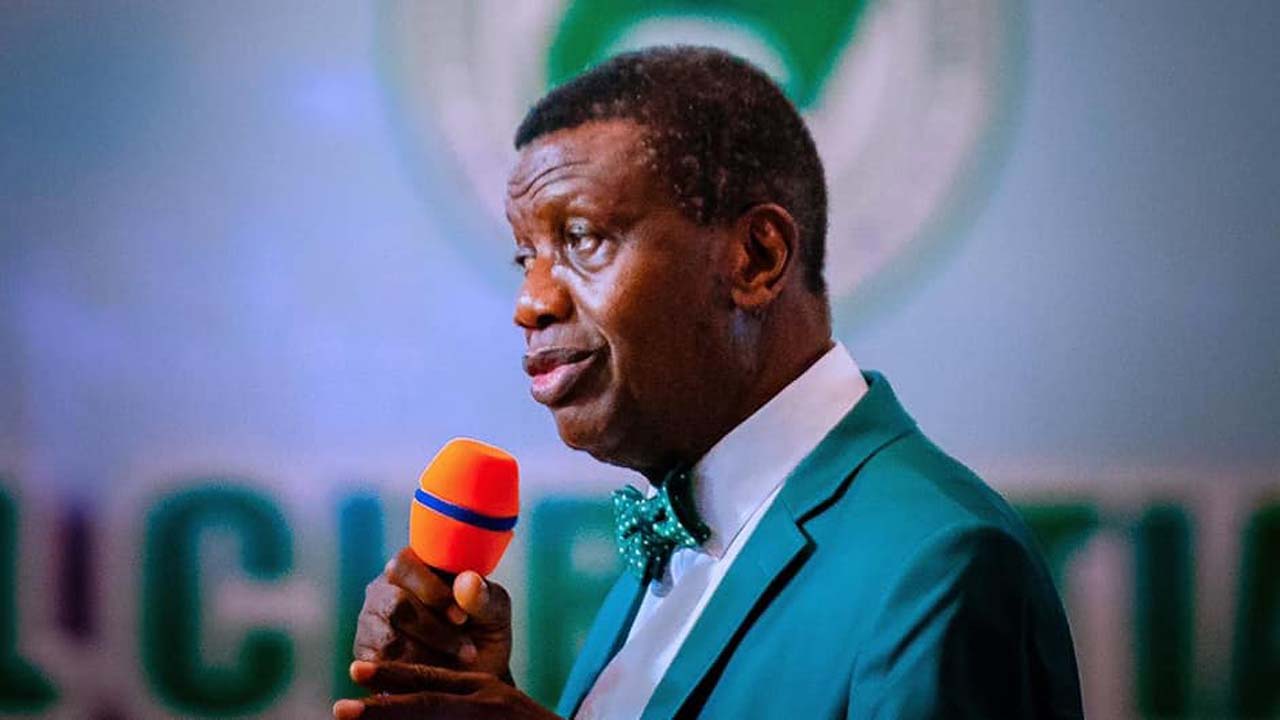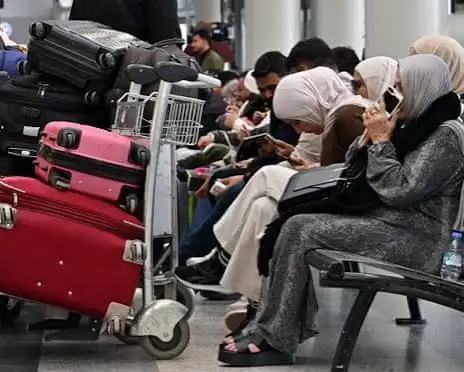Ethiopia’s House of People’s Representatives has approved a record 1.93 trillion birr budget for the 2025/2026 fiscal year, marking a 34.4% increase from the previous year’s allocation. This substantial rise underscores the government’s commitment to advancing its macroeconomic reforms and ambitious development plans.
The proposed budget allocates approximately 1.2 trillion birr for recurrent expenditures, 415 billion birr for capital investments, and 315 billion birr for regional state subsidies. An additional 14 billion birr is earmarked to assist regions in achieving the United Nations Sustainable Development Goals.
Finance Minister Ahmed Shide emphasized the government’s adherence to strict monetary and fiscal policies to effectively utilize the proposed budget. He highlighted the importance of these measures in stabilizing inflation and ensuring efficient budget utilization.
The budget is expected to be financed through a combination of domestic tax revenues, international development assistance, and project-specific funding. Approximately 73% of the budget, or about one trillion birr, is anticipated to come from domestic tax revenues.
The government’s fiscal strategy includes issuing treasury bills to manage the projected fiscal deficit of 2.2% of GDP, avoiding direct borrowing from the Central Bank. This approach aligns with the administration’s commitment to fiscal discipline and macroeconomic stability.
Ethiopia’s economy is projected to grow by 8.9% in the upcoming fiscal year, slightly up from the 8.4% estimated for the current year. This growth is attributed to ongoing economic reforms supported by an International Monetary Fund program.
The budget proposal has sparked discussions among lawmakers and economists regarding its potential impact on economic growth and fiscal sustainability. Critics have raised concerns about the heavy emphasis on recurrent spending, which may limit resources available for capital investments and infrastructure development.
In response to these concerns, Finance Minister Shide reiterated the government’s commitment to balancing fiscal discipline with the need for economic growth and development. He emphasized that the budget is structured to support the nation’s ongoing macroeconomic reforms and align with its ambitious 10-year development plan.
As the budget undergoes further review and implementation, stakeholders continue to monitor its impact on Ethiopia’s economic trajectory and its ability to address the country’s development challenges.











Wow, that budget is massive! Do you think it will lead to tangible improvements for the people of Ethiopia or just more government spending?
Seems like a hefty budget for Ethiopia! Do you think its the right move or a potential financial burden? Lets discuss!
Wow, that budget is huge! Do you think it will actually benefit the people of Ethiopia, or is it just a formality?
Seems like a massive budget for Ethiopia! But will it truly benefit the people or lead to more corruption? Thoughts?
Wow, thats a huge budget approval! Do you think it will benefit the people or lead to more corruption? Lets discuss.
Do you think this budget allocation will truly benefit the people of Ethiopia, or is it just another number on paper? #DebatesAhead
Wow, thats a massive budget for Ethiopia! Do you think it will benefit the people or lead to corruption? Discuss!